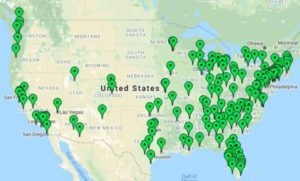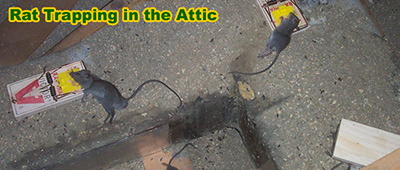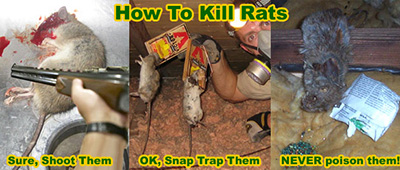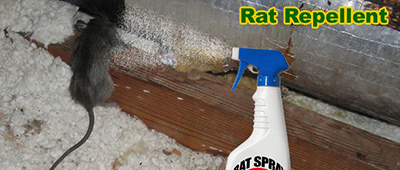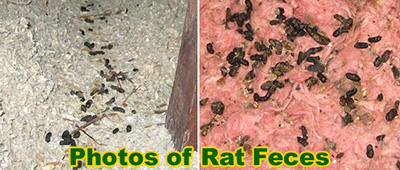There are many myths surrounding rats, and we've heard them all with our ten years being in the business. One of the things that we seem to hear an awful lot is that rats die in the winter, and this is just another myth. Rats do not die in winter.
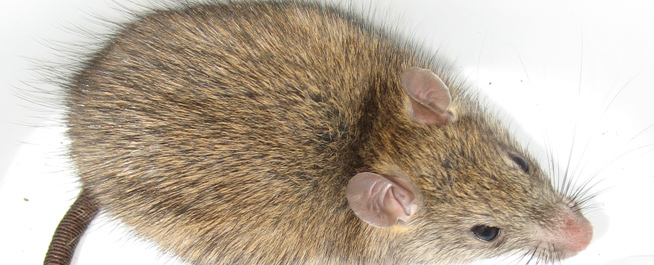
The reason, perhaps, why so many homeowners believe that more rats die during the winter, is because that's when they tend to find the dead / decomposing bodies of the rodents. It is during the colder months that rats make their frenzied attacks on homes, trying to getting in and away from the plummeting temperatures and freezing rain. Homeowners start spotting the signs of these creatures, even though, in some cases, the signs may actually have been there for some time, and also start laying traps or adding poison. Poison takes weeks to work, and in many cases, it doesn't work at all, just maiming the animal and causing it to die of other things. Hunger, for example, after the rat becomes weak from the poisoning, and the internal bleeding it causes. Poison isn't as effective as you are led to believe.
With more rats entering homes because it's getting colder outside, and more homeowners being aware that they have these infestations going on and placing traps and poisons, of course it would make sense for people to believe that rats die more during the winter. It would certainly seem that way. You need to keep your eyes peeled during the summer for these rodents. If you did, you'd spot the signs OUTSIDE of your home - staining left behind from the rat's fur, for example, or even rat droppings lying around. These creatures are quite happy to live in the great outdoors during the warmer months, but they still won't be that far away from your home. They'll be living on the outskirts, waiting for the weather to get cooler, and that's when they'll make that bid for warmth, shelter, and a steady source of food and water.
Go back to the Rats in the Attic home page.
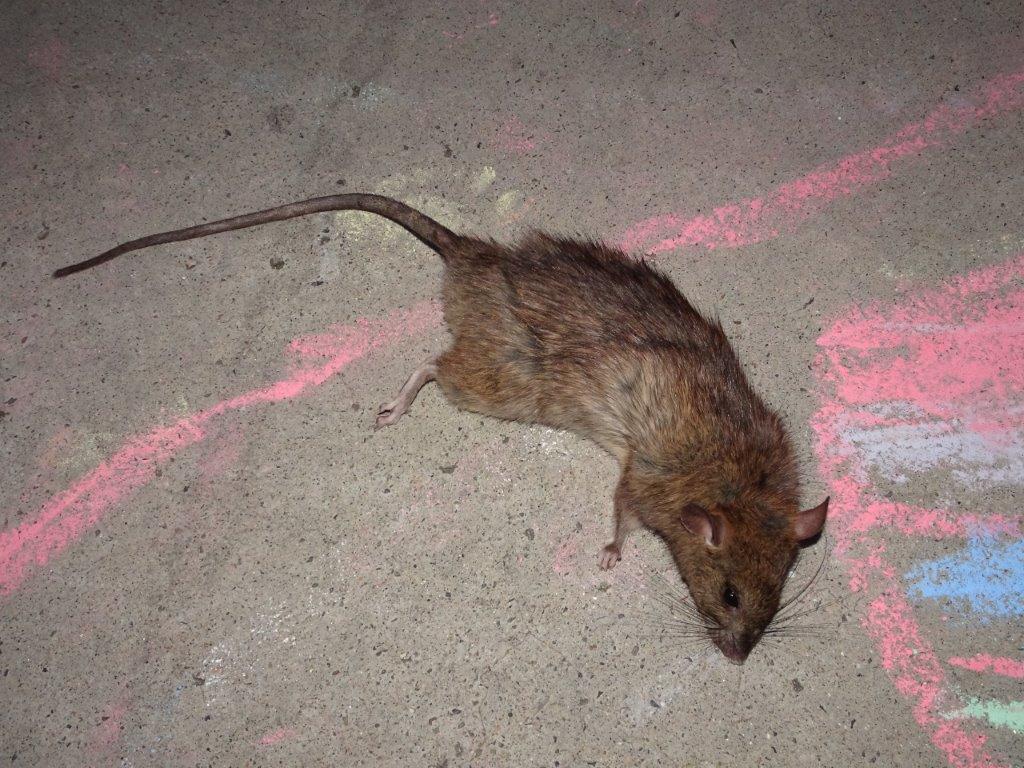
The temperature during the cold season can vary, and sometimes reach significantly low levels making it almost impossible to head out without being properly and fully covered up. During the wintertime, most animals are bound to go into hibernation and store food to have throughout this period. However, this isn’t something that rats do.
Rats will only lessen their activity during the wintertime, but they don’t hibernate. They will still head out to gather food and other resources that they need even when the weather is extra cold. Because of this, there are instances where rats die during the winter.
A rat won’t stop scavenging and doing other activities simply because of the weather conditions. This is because they adapt to temperature changes and weather easily. One thing they do to counter the cold is to find a shelter that provides them with enough insulation and heat to keep them from freezing in this season. But this won’t always work for them.
When a rat heads out to collect resources, they won’t be able to bring the warmth that their shelter provides with them. This is why they tend to choose a location where food sources are already found nearby. In cases where there are no other resources available to them, they will need to travel to different places and therefore stay out in the cold for longer periods of time.
It’s only natural for a rat to feel cold, despite learning how to adapt and adjust to the environment. If the food source is too far from their shelter, they will have no choice but to deal with the cold weather. Eventually, if they fail to get themselves warm while they gather resources, they will die either on the road or someplace else.
This occurrence isn’t uncommon. Rats will go out to scavenge when they need to. They may be able to store food for certain periods of time but when they run out, they need to find more. But not all rats will stock up on food to last them throughout the whole winter. As mentioned earlier, rats don’t go into hibernation so this isn’t something they would prepare for beforehand. As a result, they continue to spend their days like normal but will lessen how much they go outside to look for food and other resources.
Having to head out during the cold is a risk for rats, since the weather may be much colder than it seems. But this isn’t exactly something they will know on the get-go. Rats put more focus on finding a shelter that will counter the temperature and keep it balanced. The main issue comes up when they leave their shelter and face the cold air.
Depending on how cold the weather is, rats may freeze to death much quicker than normal. There are instances where they will not be able to last too long outside because the weather is far too cold for them to move around. Rats are also small in size, which makes it much easier for their bodies to freeze and get affected by the cold.

